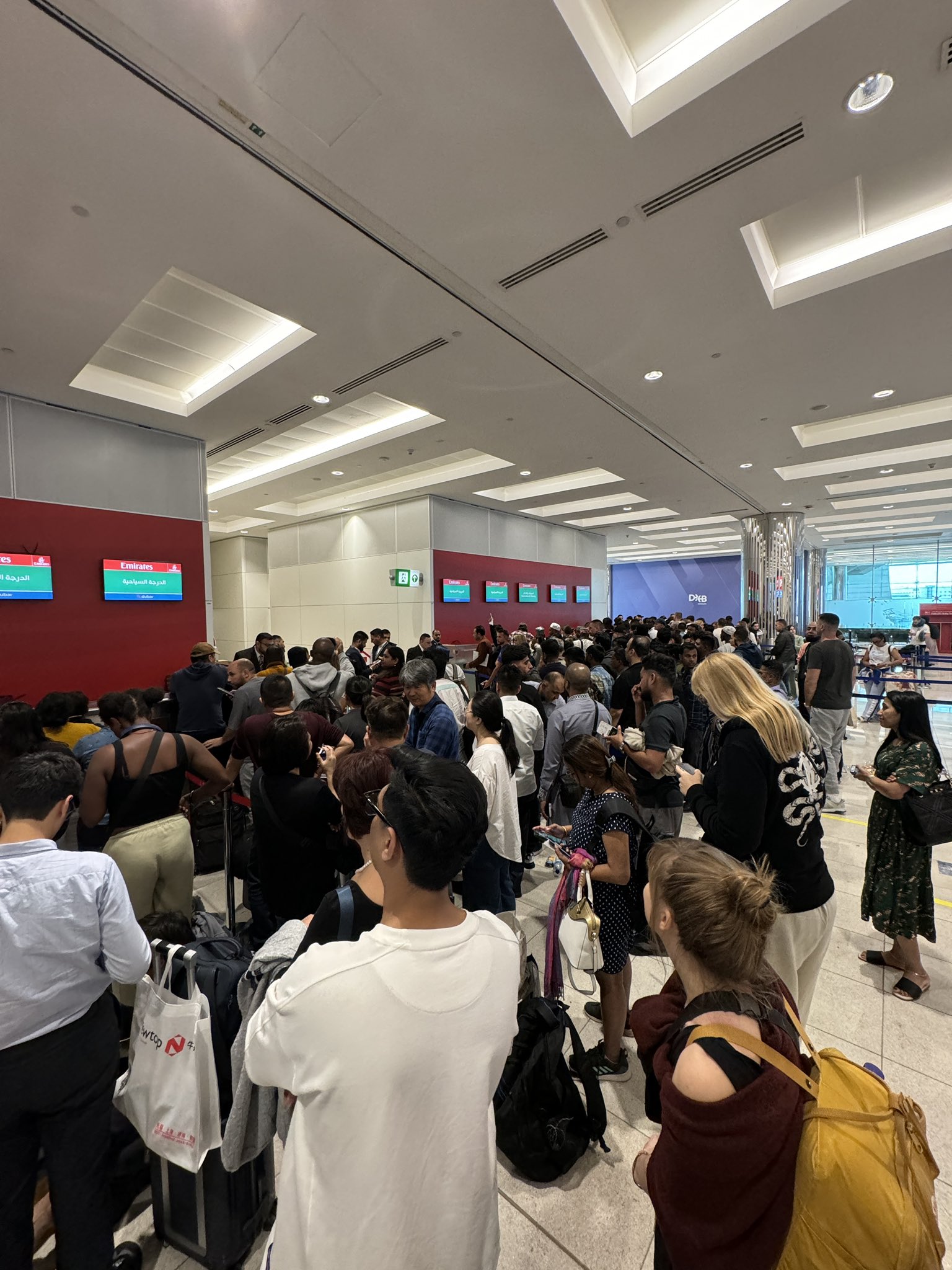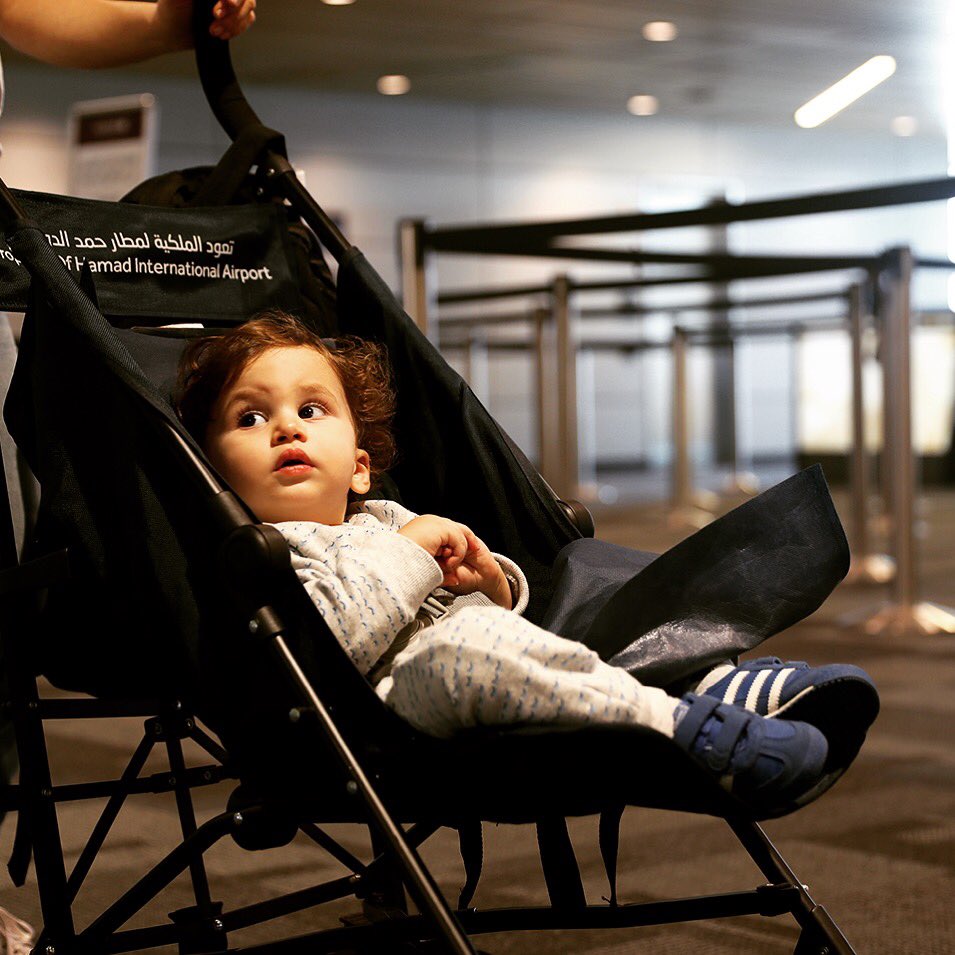
Travelers passing through Abu Dhabi International Airport should brace for ongoing delays and cancellations as escalating regional tensions and widespread airspace closures disrupt flight schedules across the Middle East. The disruptions follow a series of military strikes and the subsequent closure of airspace in countries including Iran, Iraq, Jordan, and Israel, which has forced major UAE airlines—Emirates, Etihad, flydubai, Wizz Air Abu Dhabi, and Air Arabia—to suspend or reroute numerous flights.

Abu Dhabi’s Zayed International Airport has issued a travel advisory, warning that flight disruptions are expected to persist through Sunday, June 15, and Monday, June 16. Passengers are strongly urged to check the latest status of their flights directly with their airlines before heading to the airport to avoid unnecessary inconvenience.
Etihad Airways has cancelled flights between Abu Dhabi and Tel Aviv until June 22, and is rerouting several other flights in response to restricted airspace. Flights to Amman and Beirut are resuming on June 15 but only for passengers with existing bookings and on revised schedules. Passengers connecting through Abu Dhabi to destinations affected by cancellations will not be accepted for travel at their point of origin.
Emirates has temporarily halted all flights to Jordan (Amman) and Lebanon (Beirut) until June 22, and to Iran (Tehran) and Iraq (Baghdad and Basra) until June 30. Customers affected by these suspensions are advised to contact their travel agency or the airline for rebooking options.

Flydubai has extended its suspension of flights to Jordan, Lebanon, and Syria until June 16, and to Iran, Iraq, and Israel until June 20. Some flights have been reinstated where conditions permit, but rerouting and delays are still possible.
Wizz Air Abu Dhabi and Air Arabia have also cancelled multiple flights, with passengers being notified directly and offered free rebooking or refunds. Air Arabia’s cancellations affect routes to ten countries, including Iran, Iraq, Jordan, Russia, and several Central Asian states.
The ongoing Israel-Iran conflict has caused chaos in regional and global air travel, impacting up to 3,000 flights per day through cancellations or rerouting, according to flight tracking data. UAE authorities and airlines continue to monitor the situation closely, emphasizing that passenger safety remains the top priority. Travelers are advised to remain vigilant, stay updated through official airline and airport channels, and allow extra time for their journeys during this period of heightened disruption.



















.jpg)

































-1064b2-large-1745848819.jpeg)

-4f6fa6-large-1745848821.jpeg)
-1dc918-large-1745931196.jpg)
-43a0e0-large-1745931200.jpg)
-53bb50-large-1745931198.jpg)


